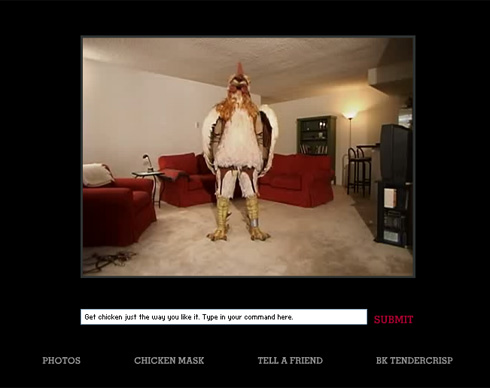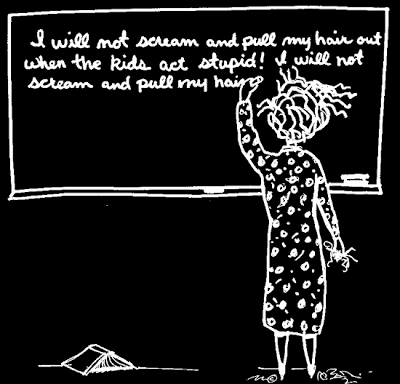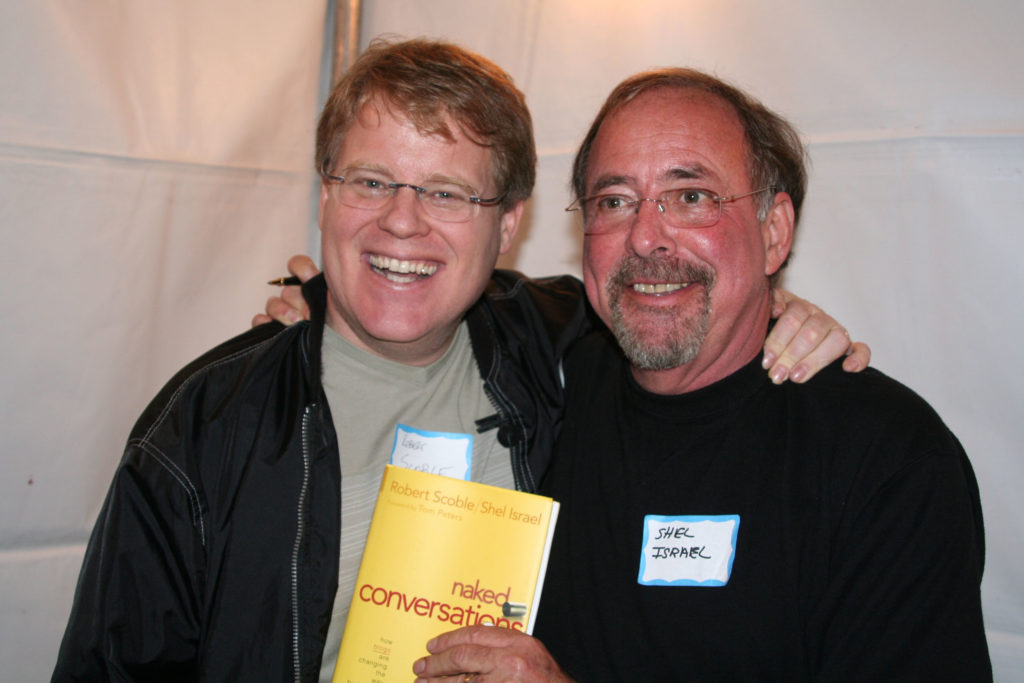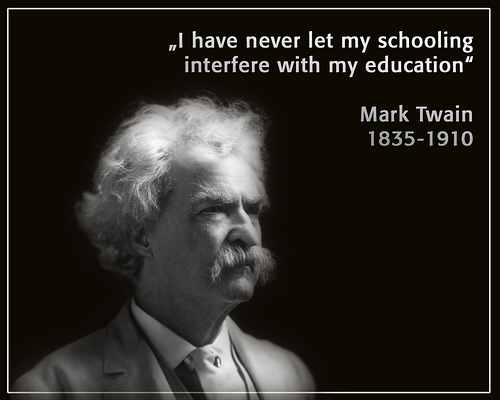What was the greatest company or brand story you’ve ever heard? Why were you enchanted by it?
Since time immemorial, mankind has always relied on stories to transmit information, values and ideas from generation to generation.
What was the greatest company or brand story you’ve ever heard? Why were you enchanted by it?
Since time immemorial, mankind has always relied on stories to transmit information, values and ideas from generation to generation.

Courtesy of viralblog.com
Humour works in advertising. It grabs your attention, makes you laugh, and gives you a nice endorphin rush.
It also makes you more positively inclined towards a particular brand, especially if its cleverly done without trying too hard. In fact, some commercials can be even more entertaining than comedy shows on television!
In the hyper-competitive world of marketing and sales, it isn’t sufficient just to push out an ad or a sales letter and hope and pray for a response.
Consumers and corporate buyers are increasingly spoilt for choice. Selling based on price alone is no longer sustainable in the long haul.

Hell Hath No Fury… (courtesy of Dinghy Blonde)
If you think being a personal blogger is difficult, wait till you try corporate blogging. It isn’t just a walk in the park. Just ask Coleman (a fellow media socialist), who wrote this excellent post on making your corporate blogs succeed.
But then, isn’t blogging just about shooting your mouth/fingers off and saying whatever you want to say. After all, it is the age of conversations, and everybody is a citizen journalist. Besides, people don’t want to just hear the filtered, fluffed up, fantastic stuff from the gatekeepers (like yours truly).
Melvin, Preetam, Ian and I shared our views yesterday afternoon on a panel speaking session on business blogging recently by the Institute of Public Relations Singapore (IPRS). After some time away from social media gatherings, it was quite refreshing to share my thoughts and experiences in corporate blogging once again. The lunch talk was held at Geek Terminal, which seem to be the de facto venue for all things 2.0-ish.
The session got off pretty well and I enjoyed the animated exchanges between the panellists and the floor. Some of the key lessons which I shared were as follows:

Image courtesy of DiscoverySchool.com
I came across this post by Kian Ann recently on the need to write well on the Internet. While crafting some suggestions to him on the comments section, I decided that I might as well expand this into a blog post.
How does one write well? Is there a secret formula that you can apply in order to be a wicked wordsmith?

Paris Hilton – just a fad or an enduring icon in the age of attraction?
I have been reading Derrick Daye’s awesome blog for its unique branding insights and came across the idea of the Attraction Economy and its accompanying concept of Lovemarks. Both were created by CEO of Saatchi and Saatchi, Kevin Roberts.
According to Kevin,
“Human attention was the principal coinage of the Attention Economy; human emotion is what funds the Attraction Economy. Emotion is tough to nail down because its complexities are beyond measure. Just take that at face value. Our facial muscles can move in 10,000 possible combinations to reveal what we are feeling. The Attraction Economy is not “one hit and you’re it.” Attraction demands emotion, but emotion with purpose.”

Robert Scoble and Shel Israel (courtesy of JD Lasica)
Want to know how blogging is impacting the world of business? Keen to find know all about the secrets of blogging success while learning about its possible drawbacks?
Well, do check out Naked Conversations by Robert Scoble and Shel Israel.


Came across this quirky bit of thinking by Copyblogger about how the legendary Mark Twain (the artist formerly known as Samuel Langhorne Clemens) will make an excellent blogger and perhaps even content marketing guru!
Try to apply these gems to blogging – heck, any form of content marketing or writing – and you will understand the wisdom of the man.
“Whenever you find you’re on the side of the majority, it is time to reform.”
Getting a bigger bang for the buck (or any bang for that matter) counts more than ever in an increasingly saturated marketplace.
The advent of multiple new and traditional media channels – and the ever increasing weapons of mass distraction – makes it prudent for one to do so.